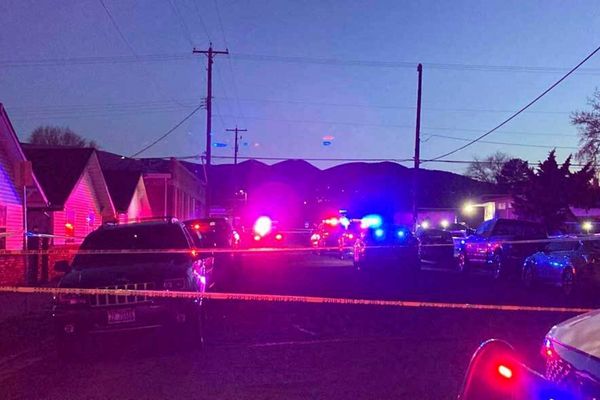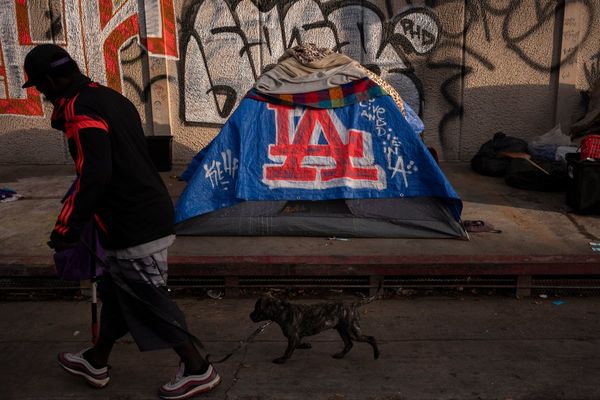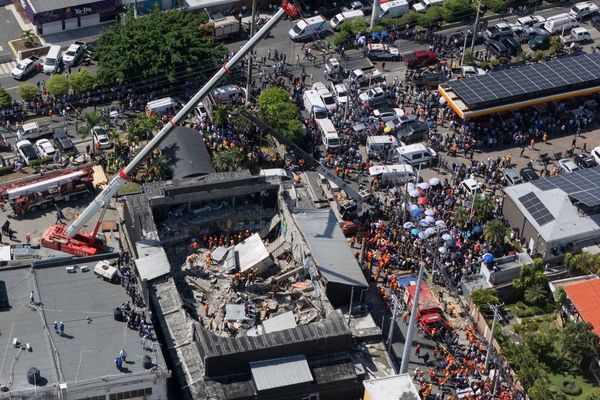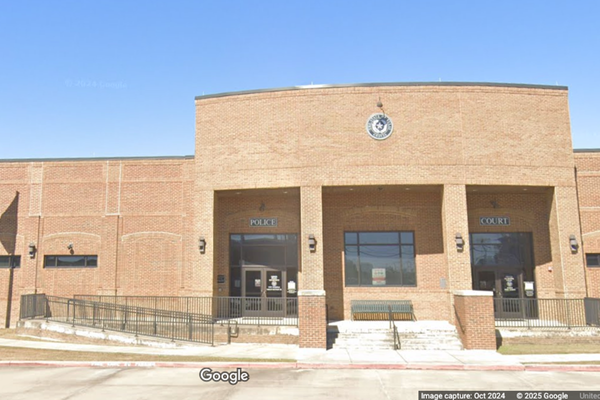
Commonwealth leaders have resolved that “the time has come” for a conversation on reparatory justice despite the UK’s insistence that the issue was not on their agenda.
The language, agreed at the Commonwealth heads of government meeting (Chogm) on Saturday, is a blow to the UK, which wanted to avoid reparatory justice being mentioned.
Keir Starmer told a press conference after the summit that the text “notes calls for discussion and it agrees that this is the time for conversations”. But he stressed that “none of the discussions have been about money. Our position is very, very clear on that.”
The UK government has said it does not pay reparations and insisted that the question was not on the agenda for Chogm before the summit.
However, Commonwealth leaders ultimately defied the UK by including a paragraph on reparatory justice in the summit communique.
Starmer’s government succeeded in avoiding a separate declaration on reparatory justice, which some Commonwealth countries had been pushing for.
Proponents of reparatory justice say it can take many forms, including educational programmes, debt relief and other kinds of economic support. Starmer has spoken about the importance of helping Commonwealth countries access climate finance.
Asked after the summit what form the discussions would take, Patricia Scotland, the outgoing secretary general of the Commonwealth, said: “Our Commonwealth is going to take exactly the same approach to considering these matters … that they have taken to every difficult issue which has been painful and has been a matter of concern for our members.”
Starmer downplayed the significance of the section in question. “The slave trade, slave practice, was abhorrent, and it’s very important that we start from there. Abhorrent is the right word,” the prime minister told reporters in Samoa.
“There is … the paragraph in the communique about reparatory justice, which does two things: it notes calls for discussion and it agrees that this is the time for a conversation.”
He said the section on reparations was a small part of “quite a long communique” and that the “absolute priority” for Commonwealth countries at the summit had been to discuss resilience to the climate crisis.
The prime minister added that the next opportunity to discuss the issue would be the UK-Caribbean Forum next year. During the summit, he told other leaders he recognised the “strength of feeling” about reparations.
The communique’s section on reparatory justice referred not just to the slave trade across the Atlantic but also to the Pacific. It said most Commonwealth countries “share common historical experiences in relation to this abhorrent trade, chattel enslavement, the debilitation and dispossession of Indigenous people”.
It referred to the “enduring effects” of slavery and mentioned the practice of “blackbirding”, where Pacific islanders were forced into slave or cheap labour in colonies including Australia.
The document said: “Heads, noting calls for discussions on reparatory justice with regard to the transatlantic trade in enslaved Africans and chattel enslavement, and recognising the importance of this matter to member states of the Commonwealth … agreed that the time has come for a meaningful, truthful and respectful conversation towards forging a common future based on equity.
“Heads further agreed to continue playing an active role in bringing about such inclusive conversations addressing these harms, paying special attention to women and girls, who suffered disproportionately from these appalling tragedies in the history of humanity.”
Starmer said none of the discussions at the summit had concerned money.
“Well, no figure,” Frederick Mitchell, the foreign minister of the Bahamas told BBC Radio’s Today programme on Saturday. “We’ll see what happens going forward.”
He said he hoped a report on the issue would follow, which nations would discuss in the future. Mitchell also mentioned the UK government’s decision in 2013 to recognise the torture of Kenyans by British colonial forces during the Mau Mau uprising, which resulted in a £20m payout. “I have no doubt …. that the arc of history always goes in the right direction,” he said.
An expert said the summit could come to be seen as historic. Kingsley Abbott, the director of the Institute of Commonwealth Studies at the University of London, said: “The commitment to conversations on reparatory justice wedges open the door for dialogue.
“The Commonwealth and its new secretary general should see this as an opportunity to lead on a potentially historic process, and to do so with vision and courage.”







